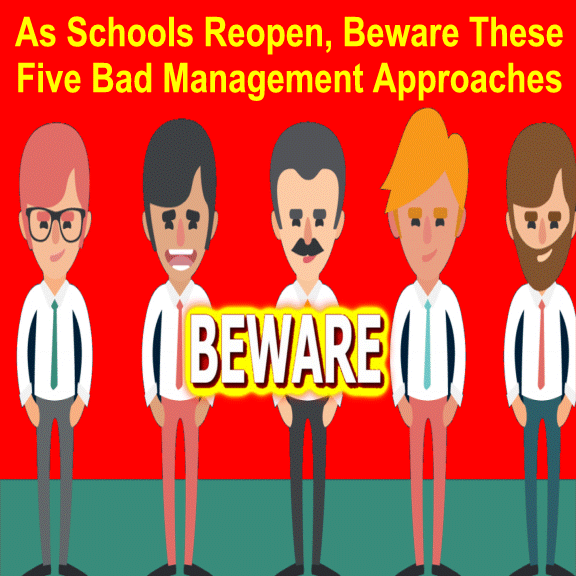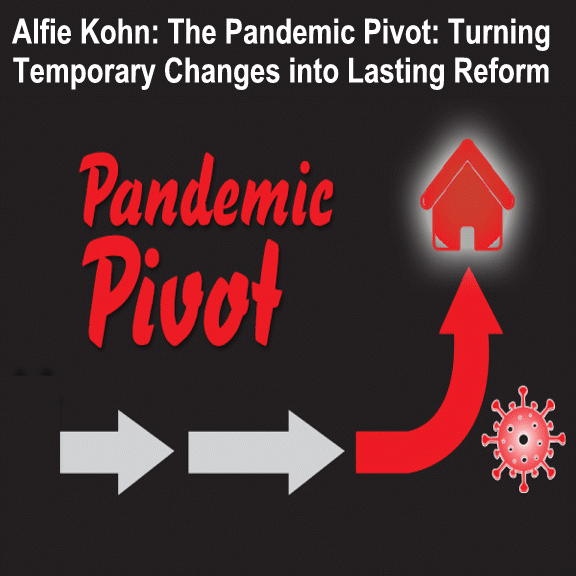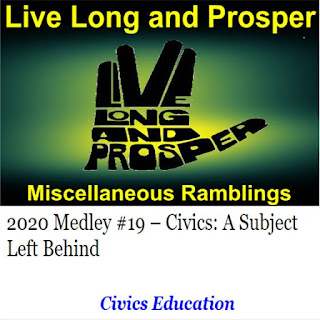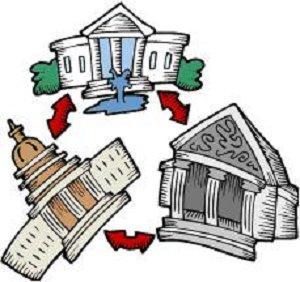AFT RE-ELECTS PRESIDENT RANDI WEINGARTEN
The 1.7-million-member American Federation of Teachers announced the results of its biennial officer elections Tuesday, with delegates to the union’s convention voting overwhelmingly to re-elect President Randi Weingarten, elect Fedrick Ingram as secretary-treasurer and elect Executive Vice President Evelyn DeJesus to her first full term.
The ballots were cast by mail and counted over the last several weeks.
The election marks the seventh term for Weingarten, who taught social studies and civics at Clara Barton High School in Brooklyn, N.Y. Ingram, the outgoing president of the Florida Education Association, is a former Miami-Dade teacher of the year, music educator and band director. He assumes the secretary-treasurer role vacated by Lorretta Johnson’s retirement.
DeJesus, a United Federation of Teachers vice president, early childhood educator and reading specialist, was elected to a full term after serving in the position since July of 2019, when the AFT executive council voted her into office to carry out the remainder of a term.
Weingarten said:
“I am so honored to represent this country’s educators, healthcare professionals and public employees alongside Evelyn De Jesus and Fed Ingram. This is a moment without precedent, as the country faces a pandemic, an economic crisis and a long overdue reckoning with racism. It is the union movement that is built to confront these crises, and because of our members’ work and activism, we will pave the way toward opportunity, equality, justice and creating a better life for all Americans. I am humbled by the task in front of us, and I know that Evy, Fed and I will give it everything we’ve got.
“In this moment of crisis, we have both an opportunity and an obligation to save our democracy, as imperfect as it is, and to fight for a more perfect union—one that provides freedom and justice for all; invests in our public schools and universities; protects working people, people of color and other marginalized communities; looks after the planet; and provides affordable and accessible healthcare to all.
“That’s who we are as a union. We care, we fight, we show up and we vote. Together, we can accomplish things that would be impossible on our own.”
Ingram said:
“I am truly humbled to start my next chapter in education with this proud and powerful union, alongside Randi, Evelyn and 1.7 million of the strongest people out there. And let me tell you: We need that strength, because it is not enough to say that we are at a critical point. We passed critical a long time ago. The version of democracy and justice being forced on too many of our communities is neither democratic nor just, and together, we have to organize toward a better tomorrow. Together, if we stare this in the face and we don’t flinch, we can move our human consciousness to a better place. I know the AFT, and the AFT doesn’t flinch. I am so honored to be a part of this union. We care, we fight, we show up, and we vote. And we when fight, we win.”
DeJesus said:
“For a Puertorriqueña who grew up in the Lower East Side of New York, to be standing here alongside my sister and friend Randi Weingarten and my brother Fed Ingram—well, I only wish my mother, who passed away this year, could have been here to witness this moment. We all know what our country needs right now. We need a leader to bring the country together and to beat this virus. We need a strong union movement that will fight for our students, our patients, our families and our communities, and prioritize people over profits. Everything we care about, everyone we care about, is on the table, so we need to stay united and speak with one voice as we fight for a better future. I’m here for you, and I will always have your backs. Thank you for entrusting me to care, fight, show up and vote alongside you.”
Follow AFT President Randi Weingarten: http://twitter.com/rweingarten





































 “If I had followed my better judgment always, my life would have been a very dull one.”
“If I had followed my better judgment always, my life would have been a very dull one.”